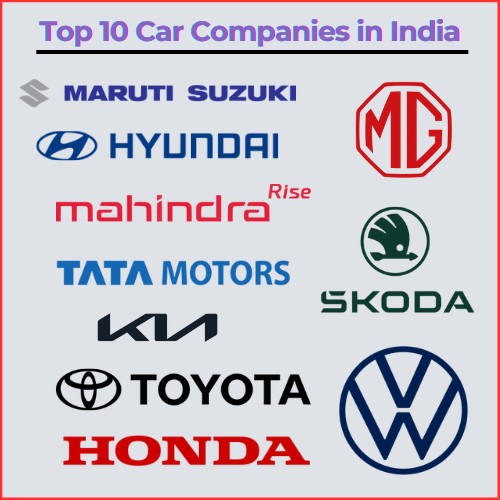According to individuals informed on the topic, Apple is devoting product development resources for the iPad to Vietnam for the first time, a significant move toward boosting the Southeast Asian country’s standing as an alternative manufacturing base outside of China.
Apple is collaborating with BYD, a main iPad manufacturer in China, to relocate new product introduction (NPI) resources to Vietnam. NPI entails a technology business, such as Apple, cooperating with suppliers on the design and development of new goods to ensure that the blueprints are feasible. This is the first time that Apple has relocated NPI resources to Vietnam for such a critical item.
According to Nikkei Asia, engineering verification on a new iPad model will begin in mid-February of next year. In the second half of next year, the model will be available.
According to Nikkei, BYD was also the first Apple supplier to assist the US tech giant in shifting iPad manufacture to Vietnam for the first time in 2022. This change in NPI engineering resources is aimed at low-cost devices rather than the high-end iPad Pro.
NPI necessitates significant resources from both the tech firm and its suppliers, such as engineers and lab equipment expenditure for testing new features and functionalities.
The majority of Apple’s NPI is done in China, in coordination with engineers in Cupertino, to make use of the country’s decades of hardware production knowledge. However, geopolitical risks are driving the corporation to reconsider this strategy. According to Nikkei Asia, Apple also intends to move certain NPI procedures for the iPhone to India.
According to IDC statistics, Apple is the world’s largest tablet manufacturer, with a market share of 36.6% in the first three quarters of 2023. According to Counterpoint Research, just roughly 10% of all iPads were manufactured in Vietnam this year, with the vast majority being manufactured in China.
Vietnam has emerged as Apple’s most significant electronics manufacturing location outside of China. The Cupertino-based tech behemoth has requested suppliers to construct extra capacity in the Southeast Asian nation for virtually all of its products save the iPhone, ranging from AirPods and MacBooks to Apple Watches and iPads. Having foreign NPI resources implies that non-China hubs will become real alternative manufacturing bases, according to industry executives and academics.
“Vietnam consistently plays a crucial and strategic role in manufacturing, acting as a hub and potentially becoming one of the next global manufacturing centers,” said Ivan Lam, a tech analyst at Counterpoint Research. “Apple’s recent supply chain mapping has demonstrated the capability of its production site in Vietnam to manufacture the iPad and scale up production.“
“Given the current maturation of production conditions and the reduction in the difficulty level of iPad manufacturing, including modularization and NPI in the local Vietnamese context, it’s only a matter of time before this becomes a reality. However, Vietnam will initially prioritize non-pro models,” he added.
According to Bryan Ma, vice president of client devices research at IDC, Vietnam has benefited from the device industry’s diversification initiatives, which include not just tablets but also personal computers, which are even more difficult to build.
“Having the entire ecosystem moving with the assemblers is important, particularly for notebooks, where there are more discrete parts,” he said.
“After these years of shift, we find places in India and Vietnam emerge as two very important manufacturing ecosystems,” said Vincent Chen, president of CTBC Securities Investment Service and a veteran tech analyst. “But it’s also clear that despite U.S.-China tension, Apple will still work quite closely with Chinese suppliers in its shift of supply chain.”














